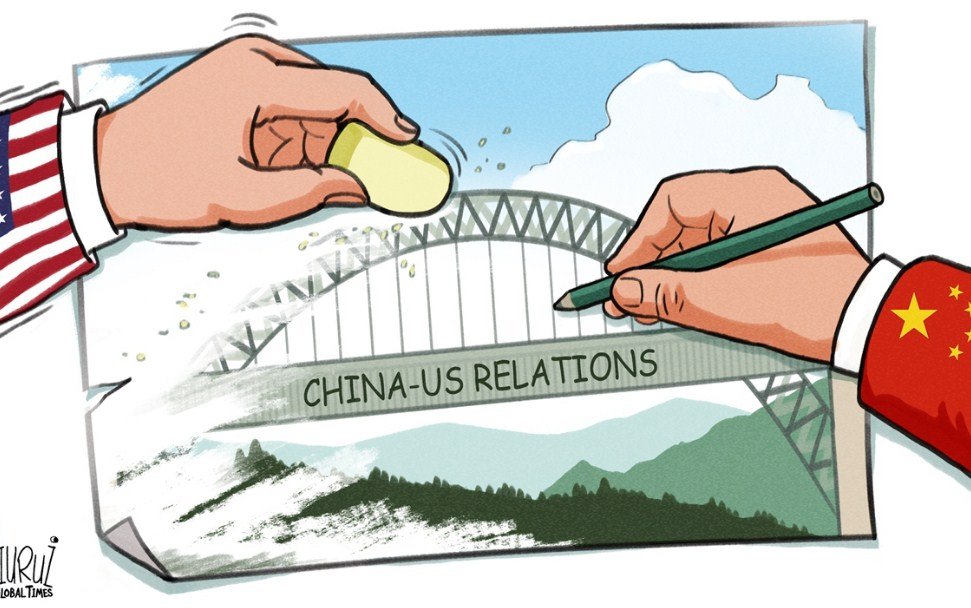Bipartisan committee calls for divestment from Chinese companies
A bipartisan committee of the US House of Representatives has urged Congress to legislate barriers for American investment in Chinese companies, especially in the fields of artificial intelligence, semiconductors, and quantum computing. The House Select Committee on the Chinese Communist Party, led by Republican Mike Gallagher and Democrat Raja Krishnamoorthi, expressed “serious concern” about the national security implications of US funds supporting China’s technological ambitions and military development.
The committee sent letters to four US venture capital firms – GGV Capital, GST Ventures, Qualcomm Ventures, and Walden International – asking them to provide information on their investments in Chinese tech startups. The letters cited a report by Newsweek that revealed that at least 115 mutual funds offered under the federal government’s Thrift Savings Plan contain one or more of 30 sanctioned or watch-listed Chinese companies that threaten national security.
“By investing in these companies we risk supporting the CCP’s military aggression and their human rights abuses,” Krishnamoorthi said in a statement. “If the Chinese Communist Party moves on Taiwan, it would lead to a catastrophic war, a global depression and tens of thousands of lives being lost on all sides. That’s something we have to prevent.”
US firms linked to human rights violations and military threats
The committee’s letters highlighted several examples of US firms investing in Chinese companies that have been linked to human rights violations and military threats. For instance, Qualcomm Ventures, the venture arm of the chipmaker Qualcomm, made 13 investments in Chinese AI companies from 2015 to 2021, according to the letter. One of these investments was in SenseTime, a facial recognition company that has been accused of enabling the profiling and tracking of Uyghur ethnic minorities in China.
Another example was GGV Capital, which invested in Megvii, another facial recognition company that has been blacklisted by the US government for its role in the surveillance and repression of Uyghurs. The letter also mentioned GST Ventures’ investment in Horizon Robotics, a semiconductor company that has been designated as a “military end user” by the US Department of Commerce.
The committee asked the venture firms to disclose their due diligence processes, risk assessments, and compliance measures for their investments in China. The committee also requested information on whether the firms have divested or plan to divest from any Chinese companies that pose national security risks.
US-China tensions escalate over tech competition
The committee’s investigation is the latest sign of the growing tensions between the US and China over tech competition and economic rivalry. The Biden administration has maintained a tough stance on China, imposing sanctions on Chinese officials and companies for alleged human rights abuses, cyberattacks, and unfair trade practices. The administration has also sought to rally allies and partners to counter China’s influence and challenge its claims in the Indo-Pacific region.
China has responded with its own sanctions and retaliatory measures, accusing the US of interfering in its internal affairs and undermining its sovereignty. China has also ramped up its efforts to develop its own technological capabilities and reduce its dependence on foreign suppliers. China’s President Xi Jinping has called for a “new development paradigm” based on domestic innovation and self-reliance.
The committee’s chairman Gallagher said that the US must take action to prevent American money from financing China’s tech ambitions and military expansion. “It is up to Congress to ensure American money isn’t financing the CCP’s top tech ambitions, including AI, quantum computing, and semiconductors,” he said. “Semiconductors are essential for artificial intelligence, quantum computing, and other advanced dual use technology.”

